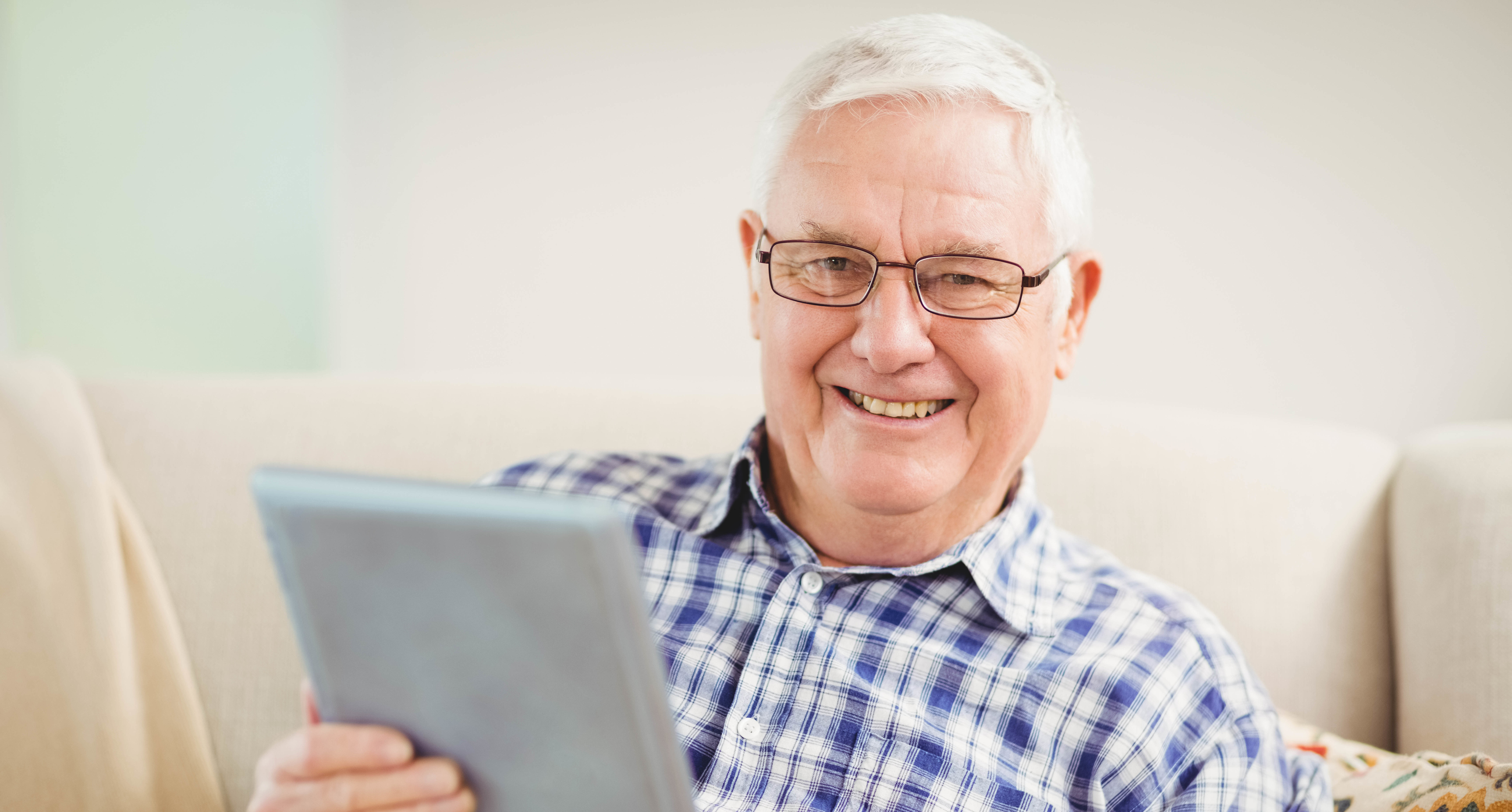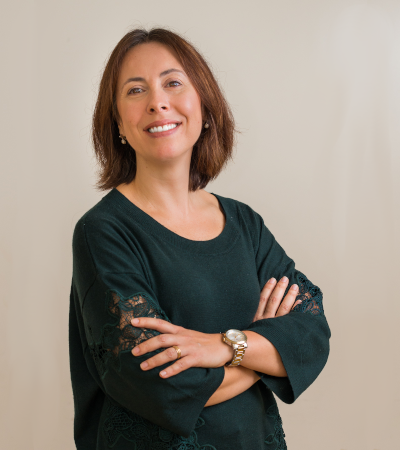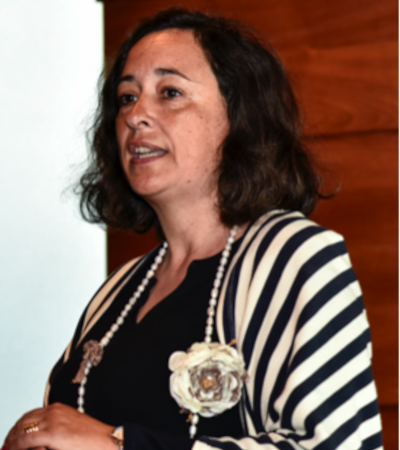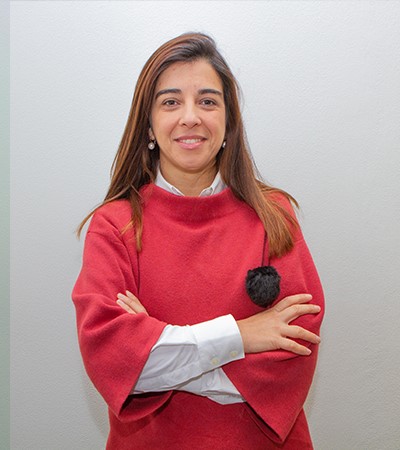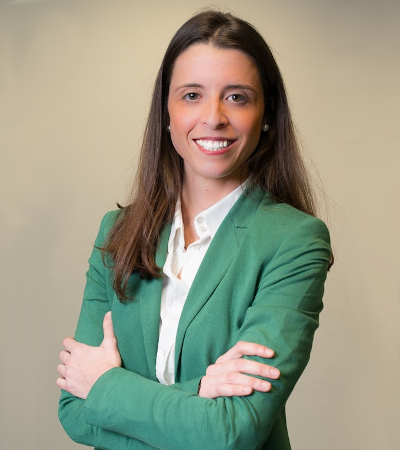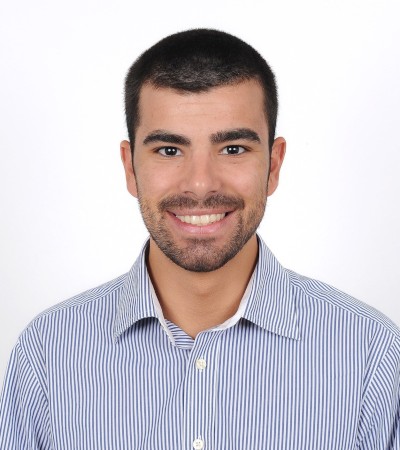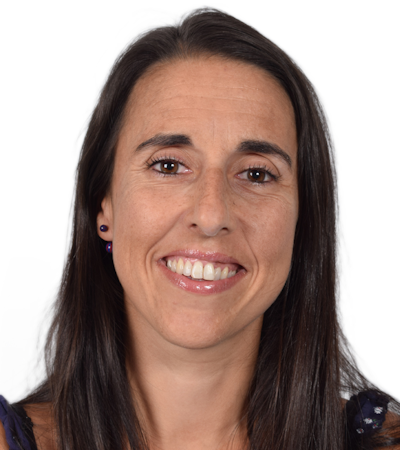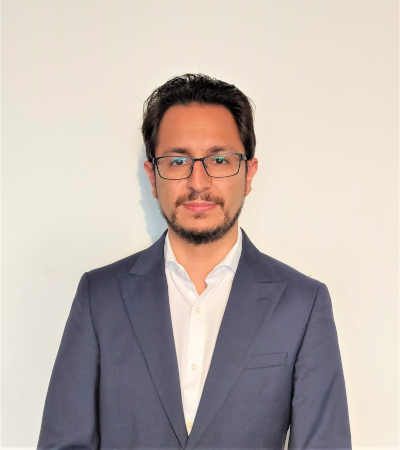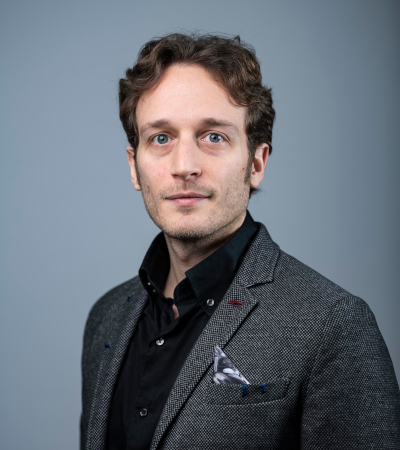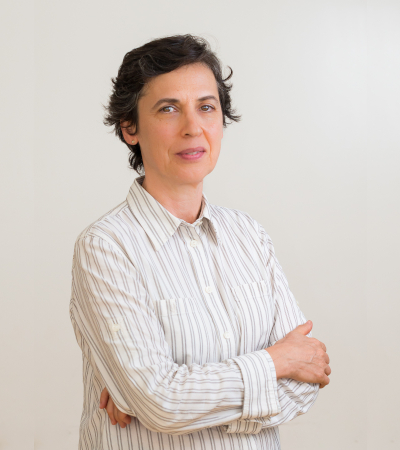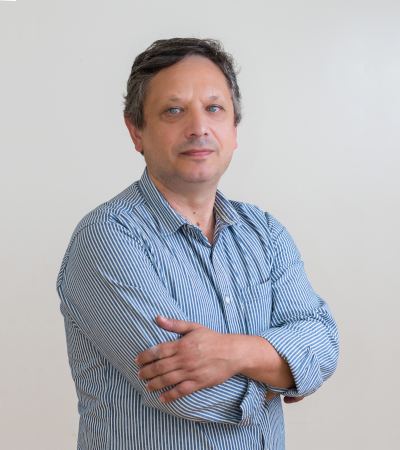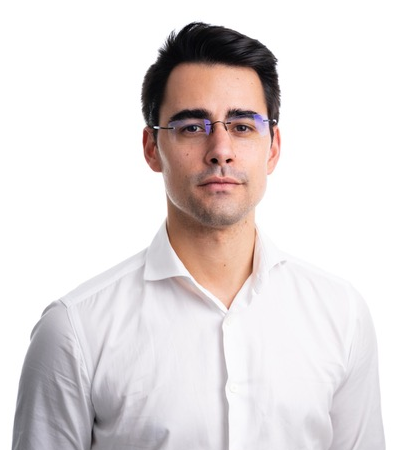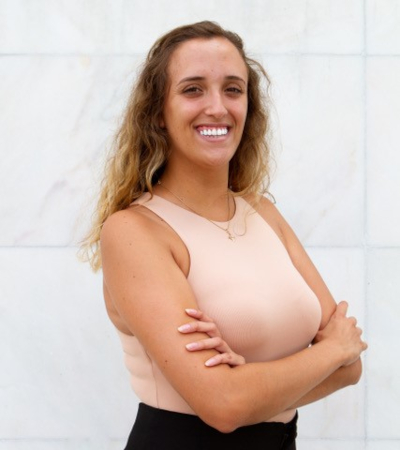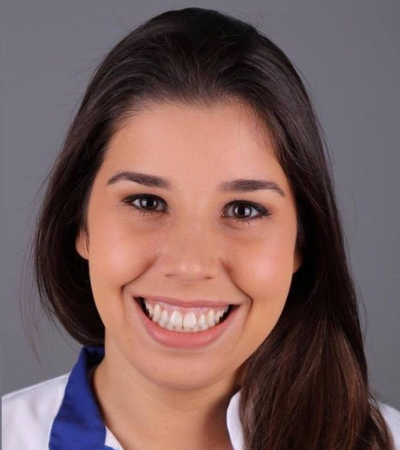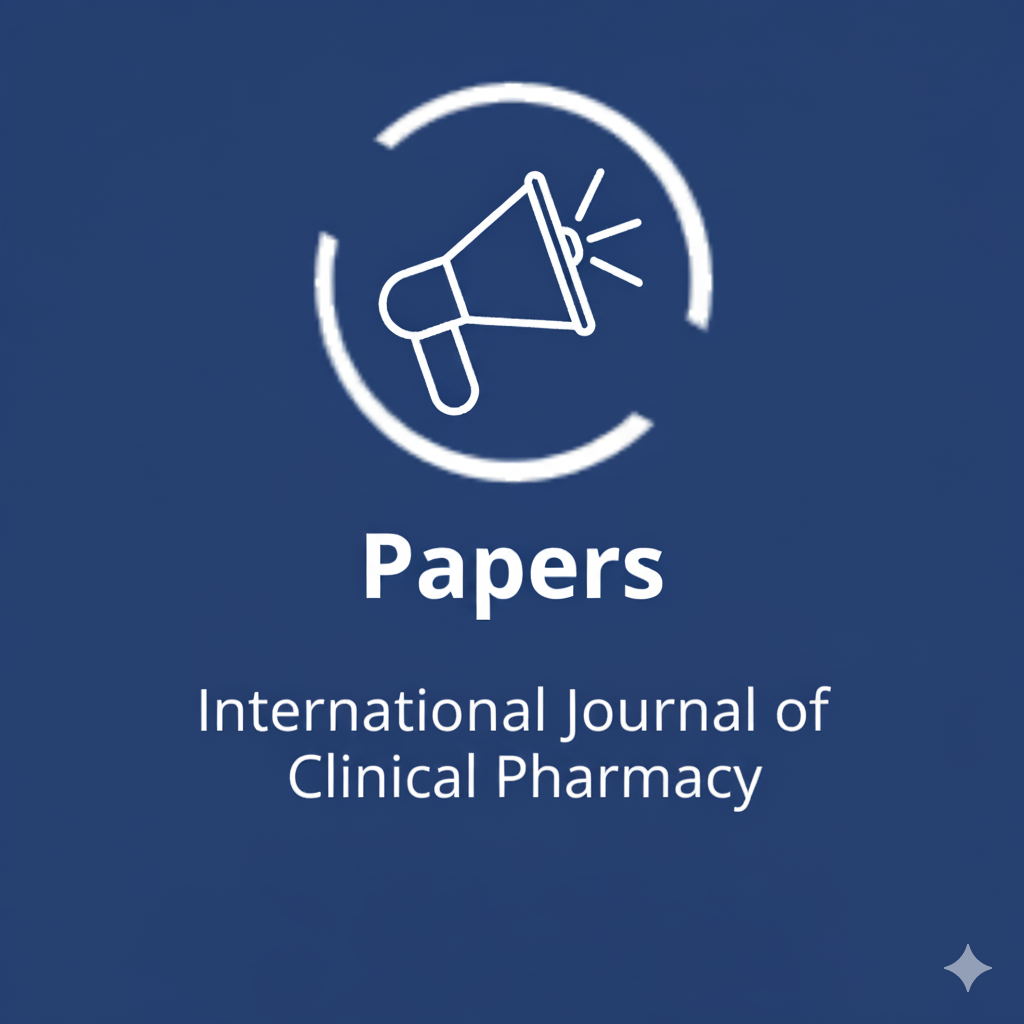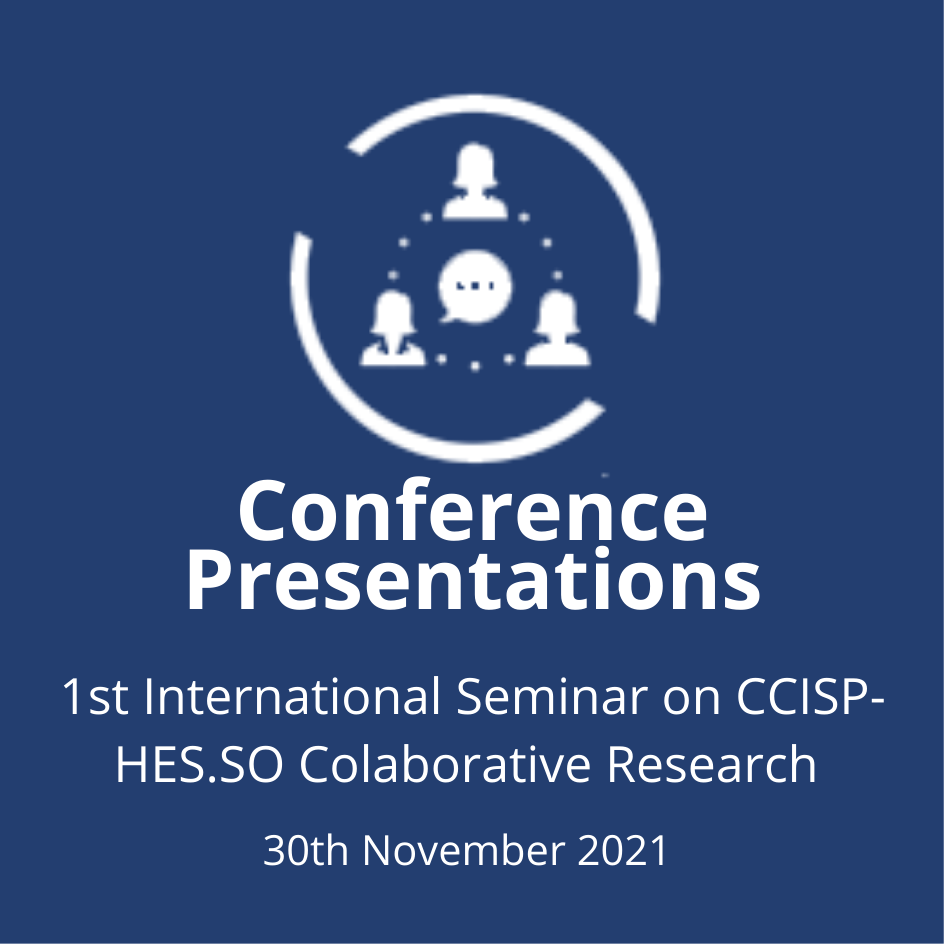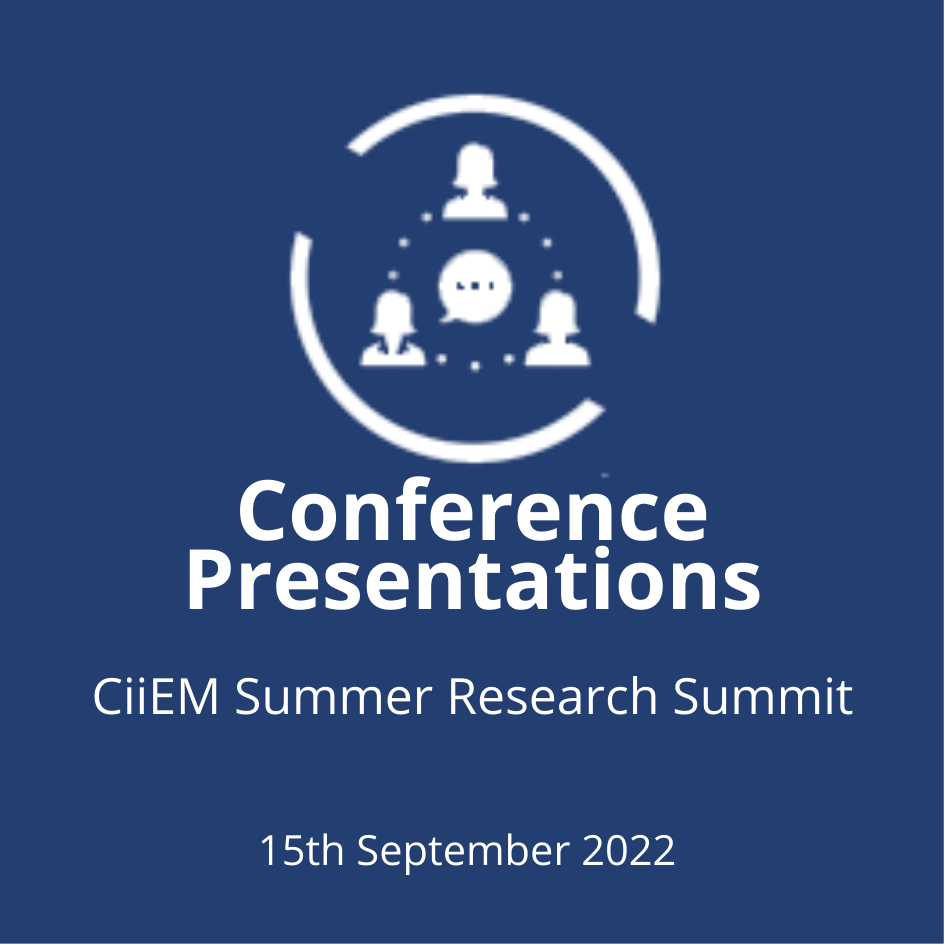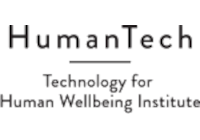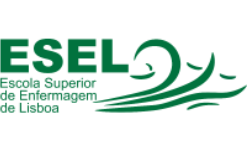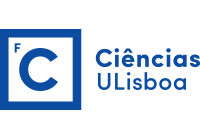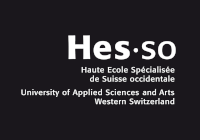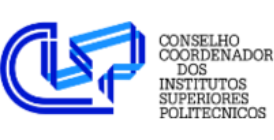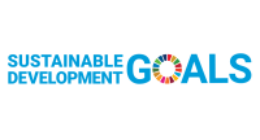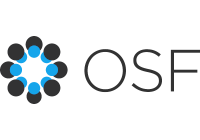OUR PROJECT
At a Glance
E-coaching is a revolutionary interdisciplinary area in which intelligent systems are used to pursue health-related goals, by providing tailored guidance to users. Conversational e-coaches are particularly promising in improving users’ trust in virtual coaches.
We endeavour to accelerate joint work on conversational e-coaches for health and well-being, by connecting international and national research at the University of Applied Sciences Western Switzerland (HES-SO) - HumanTech Institute and the Nursing School of Lisbon (ESEL) (respectively, the NESTORE and VASelfCare projects). We intent to overcome fragmented research efforts and pursue a more coherent research strategy.
In the short-term we wish to impact on the advancement of science by conducting an evidence map on conversational agents for health and well-being and by consensualising an international taxonomy on the topic. We envisage this will facilitate targeted research questions that will push the boundaries of knowledge on health e-coaching.
We expect to have a long-term societal impact, contributing to:
- 7 global WHO noncommunicable diseases targets (e.g. reducing mortality from NCDs, reducing alcohol and tobacco consumption, reducing salt intake, increasing physical activity, reducing blood pressure, diabetes and obesity) (World Health Organization, 2014).
- Goal 3 of the United Nations sustainable development goals “Good health and well-being”, and specifically to the target “By 2030, reduce by one third premature mortality from noncommunicable diseases through prevention and treatment and promote mental health and well-being.” (United Nations, 2015).
Our Work Programme
Evidence map
Our evidence map will identify and categorise literature on conversational for health and well-being, pinpointing research gaps and areas of uncertainty that will inform future grant applications.
Consensualising an international taxonomy on conversational agents
Informed by the evidence map, we will use an international consensus development conference to derive a taxonomy on conversational agents for health and well-being. This is a scientific consensus method that relies on a group of experts in a facilitated discussion to achieve decisions based on evidence.
Follow-up activities
One of our follow-up activities will consist of the development of an interactive networking database of e-coaching in health and well-being, perpetuating knowledge transfer beyond the funded period.
OUR PARTNERS
- Escola Superior de Enfermagem de Lisboa
- University of Applied Sciences Western Switzerland
- Faculdade de Ciências da Universidade de Lisboa
Escola Superior de Enfermagem de Lisboa (ESEL) is a public higher education institution actively pursuing excellence and innovation in nursing education and research. ESEL has around 1800 students, 1300 enrolled in the undergraduate nursing programme and around 500 in post-graduate training (master degrees and other post-graduation programmes). Since 2004, ESEL has a partnership with the University of Lisbon for a doctoral programme in nursing. The School has also partnerships with multiple Institutions in Europe and in Portuguese-speaking countries, as well as strong community relationships, through volunteering and other outreach activities.
University of Applied Sciences Western Switzerland (HES-SO) provides practice-oriented tertiary-level university education which is primarily an extension of basic vocational training. With 21,000 students, the HES-SO is the largest UAS in Switzerland. Its training leads to a bachelor and master degree. The offer also includes postgraduate studies and professional development. The HES-SO carries out applied research and development projects, the results of which it integrates into its teaching. Multidisciplinary, it is oriented towards innovation, contributing to the expansion of knowledge and its promotion for the benefit of students and society. HES-SO collaborates with other training and research institutions in Switzerland and abroad.
Faculdade de Ciências da Universidade de Lisboa (FCUL) is an education and research institution, which aims to promote the quality of the higher education and to develop competitive research units, both at a national and at an international level. With more than two hundred on-going projects, research activities at the FCUL are carried out in 20 Laboratories and Research Centres or Institutes embracing a variety of domains in Science and Technology, including Computer Sciences and Informatics. Many of these R&D activities are carried out in collaboration with international teams and are funded both at national and at European levels.
Team members
ASSOCIATED RESEARCHERS
STUDENTS
We are no longer accepting applications for research internships, course assignments or BSc/MSc theses in this project.
